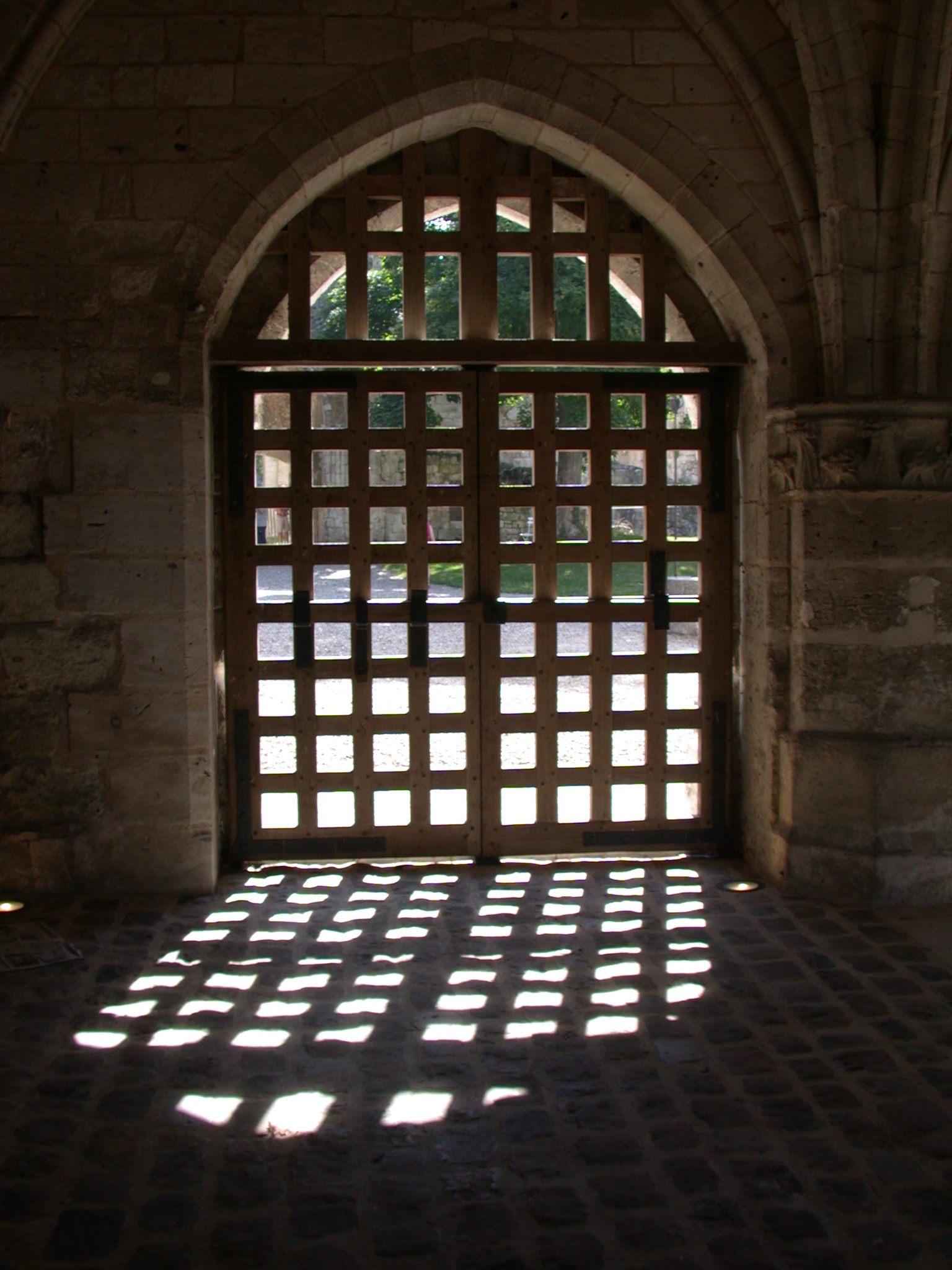In the last few years, there have been significant reforms to the law …

Fleta
2025-06-06 06:58
5
0
본문
 Another significant change has been the restructuring of court services to improve efficiency. The introduction of streamlined procedures is designed to reduce delays and ensure that cases are heard in a timely manner. For instance, there have been efforts to reduce backlogs in the courts by improving case scheduling and introducing new systems for managing the flow of cases. This includes prioritising certain cases to ensure that high-priority cases are addressed promptly.
Another significant change has been the restructuring of court services to improve efficiency. The introduction of streamlined procedures is designed to reduce delays and ensure that cases are heard in a timely manner. For instance, there have been efforts to reduce backlogs in the courts by improving case scheduling and introducing new systems for managing the flow of cases. This includes prioritising certain cases to ensure that high-priority cases are addressed promptly.To summarise, law courts in the Republic of Ireland form a comprehensive, independent, and evolving framework for delivering justice. From solicitor local search seo District Courts to the Supreme Court, the Irish judiciary ensures that laws are applied fairly, rights are protected, and the Constitution is upheld.
An evolving aspect of UK law courts is the growing reliance on out-of-court dispute resolution such as mediation and arbitration. The UK government has encouraged the use of ADR as a way to reduce pressure on the courts and provide more accessible and cost-effective methods for resolving disputes. By focusing on out-of-court settlements, the hope is to reduce the backlog of cases waiting for a court hearing, saving time and resources for the court system while also offering parties a less formal and potentially quicker path to resolution.
Another crucial responsibility of UK law courts is to manage civil disputes. These can range from contractual disagreements to family law matters, property disputes, and claims for compensation due to personal injury. Here's more regarding find a solicitor in Scotland take a look at the internet site. In civil cases, courts are tasked with resolving disputes fairly and impartially, using the law to determine who is at fault and what compensation or remedy is appropriate. Courts must ensure that parties have the opportunity to present their case and that all relevant evidence is considered before making a decision.
After the verdict is delivered, both parties have the option of appealing the decision if they believe that the trial process was flawed or that the verdict was incorrect. In criminal cases, the defendant can appeal a conviction or sentence, while in civil cases, either party may appeal a decision that they feel is unjust. Appeals are heard by a higher court, and the appellate court will review the case to determine whether any legal errors were made during the trial.
If no appeal is made or the appeal is unsuccessful, the court’s decision becomes final. In criminal cases, this may lead to the imposition of a sentence, which could involve a fine, community service, imprisonment, or another form of punishment. In civil cases, the defendant may be ordered to pay damages or comply with a court order, such as a child custody arrangement or an injunction.
Ultimately, law court accidents in the UK are a persistent issue that deserves more attention. While courts are primarily places of law and order, they are also physical spaces that must adhere to health and safety standards like any other public facility. Whether through slip hazards, poor infrastructure, or negligence in maintenance, these accidents can have serious legal and financial consequences.
After the preliminary hearings, both sides will present their evidence and arguments before a judge (or a panel of judges in certain cases). In criminal cases, the prosecution will present evidence to prove that the defendant committed the crime, while the defense will present evidence and arguments aimed at casting doubt on the prosecution's case. In civil cases, both the claimant and defendant present their evidence to support their respective positions.
Legal education typically involves completing a law degree or conversion course, followed by professional training through the Law Society or the Honorable Society of King’s Inns. Continuing professional development is required to maintain high standards within the profession.
Changes to the legal aid system have also been an ongoing issue in the UK. Legal aid is vital for ensuring that everyone, regardless of income, has access to legal representation, particularly in serious cases such as criminal trials. However, cuts to legal aid funding have led to concerns about inequality in the justice system. Critics argue that reduced access to legal aid puts vulnerable individuals at a disadvantage, particularly in criminal cases where the consequences of a conviction can be life-changing. In response to these concerns, the UK government has introduced some reforms to the legal aid system, but there remains an ongoing debate about how best to ensure equitable access to legal services.
To conclude, the changes to the law courts in the UK reflect a broader shift towards modernisation and efficiency. While some of these changes have been well-received, others have sparked concerns about the accessibility of justice, particularly for vulnerable or disadvantaged individuals. As the UK court system continues to evolve, it will be important for policymakers to strike a balance between modernising the system and ensuring that justice remains accessible and fair for all citizens. Whether through digital reforms, court specialisation, or the evolving role of technology, the future of law courts in the UK will likely continue to be shaped by the need to respond to a rapidly changing society.

댓글목록0
댓글 포인트 안내